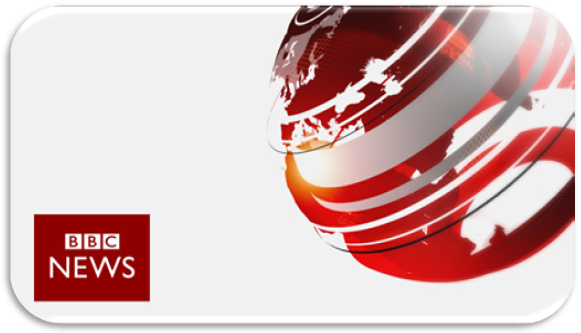
Published: 27 January 2012
Region: UK

By Hugh Muir for bbc.co.uk
First, the pat on the back. When the BBC asks “Are we doing as well as we ought in terms of covering race and immigration?” it distinguishes itself as one of the few media organisations in this country that would bother to raise the question. Perhaps this arises as a consequence of its statutory remit. But if it didn’t seek to police itself in this area would anyone else perform that function? Probably not.
So how is it doing? A mixed picture. There are very fine journalists within the Corporation -correspondents, both regional and national, who do a fantastic job covering the big stories on this patch. Mark Easton, the Home editor, has given himself the task of chronicling “the story of changing Britain”. He is an excellent journalist and has an obvious feel for the subject. More power to him.
But the Corporation also suffers from the affliction that ails the rest of the media. The country is changing fast but the assumptions that underpin our journalism are not keeping pace. We operate from a default position that says our primary focus should be the majority communities.
Witness the exchange I had with a BBC interviewer the other day in the wake of the Stephen Lawrence verdict. Many say political correctness has gone too far, she said. We are getting a lot of emails from our ordinary listeners about that. Who are these “ordinary listeners?” I asked her. Does that include us?
The default position is not even all of the majority white communities. The dominating concern is ‘middle England’. Anything else we choose to focus on at any particular time is an add-on extra.
And the consequence is that we don’t invest the time in stories about race, immigration or society and its dynamics that we should. Too often we don’t cover these stories with the care and sophistication applied to other subject areas.
One small example: Migrationwatch was given airtime on the Today programme the other day, having released a report which said youth unemployment might be linked to east European immigration. “We can’t prove statistically that immigration has had some impact on youth unemployment,” the group said. They called the report ‘More Than a Coincidence.’ So here’s a question? Would something as woolly as that have made it onto the Today programme if the subject was the economy, or political polling or crime stats? Probably not.
Our coverage of what’s happening in our country – the varying achievements of different communities, the inflows, the outflows and the impacts – deserves better than that. That’s not a call for censorship. All sections of society and all views merit a hearing on the BBC. But when we report on matters of such societal importance it’s vital that we do so with the professionalism and rigour so evident in other areas of our journalism. And it’s important that we accept that all sections merit recognition and respect.
What does that mean in practice? It means taking the time to find people who can articulate points of view in a way that generates light and not just heat, and certainly not just cheap entertainment.
It means making connections with communities away from our default position. They too form part of the fabric. Why do we only notice them when there is a crisis?
It means looking again at our newsrooms. Are they best equipped to cover this story of changing Britain? How do they look in terms of race, religion and, yes, class.
Above all, it means applying the same standards to our evaluation of stories concerning race and immigration as we apply to everything else. If in doubt, take race out of the thought process for a moment. Consider how that story would be handled if the issue were de-racialised. What was the Stephen Lawrence case? Essentially a story about a blameless, aspirational teenager murdered without justification by a group of youths who then evaded justice and were able to cock a snook at wider society because the police didn’t do their jobs. In the background was a family and two grieving parents fighting without pause to bring the culprits to justice, and campaigners who said this case bore the hallmarks of previous cases. The elements meet any journalistic test, even without the infusion of race.
What are we saying when we run stories about disproportionate stop and search? That sections of our society – taxpayers – are being unfairly targeted and perhaps criminalised by the very people we expect to protect them. Again, the elements, shorn of race, have journalistic value.
Changing the mindset represents a challenge for us all, but in this, as in so many things, the BBC has the greatest responsibility by dint of its role and place in our national life. If it can’t blaze a trail, who will?
Courtesy of Ethical Journalism Initiative

